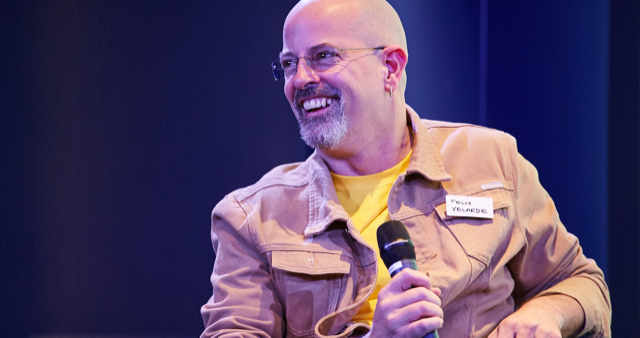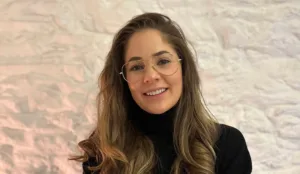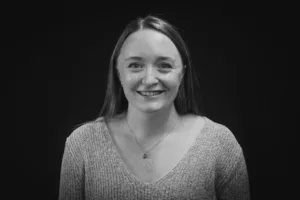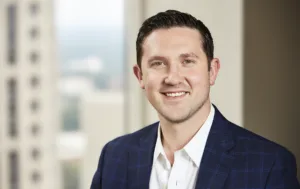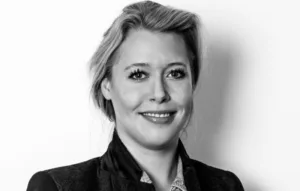We think it’s time to recognise and celebrate the true talent in our industry, the creatives, technologists, founders and leaders that are really driving our industry and shaping society, who just happen to be over 50. 50over50 is a series of interviews, shortly to become a podcast, with our most influential and inspiring industry leaders aged 50 and over.
While the digital, marketing and advertising industry remains in thrall to the cult of youth, continually celebrating young talent, accelerating generational shifts over the last three decades mean this focus is becoming dangerously short sighted.
Never mind that this shuns the consumers who are the true influencers when it comes to household spending — 78% of over 50s command the purse-strings in their households, with the age group accounting for half of all consumer spending in the UK — in the digital economy it means the industry in danger of losing out on the knowledge and experience of those who have built the digital industry from the ground up.
The inimitable Felix Velarde is a true industry veteran. From founding one of the first web design agencies, Hyperinteractice, in 1994 to running agencies like Underwired and his position as UK lead at Vint Cerf‘s People-Centered Internet, he has always been at the forefront of the digital industry. He’s now a board advisor for agencies and tech start-ups.
What is the biggest mistake companies — brands or the industry – are making in their attitude to age today?
Marketers simply don’t have a clue how kids operate their world. I had a conversation yesterday with a millennial tech founder who’s absolutely kicking it and even he had no idea what the next generation social media channels of choice are. And an awful lot of marketers forget that three million of us fifty-somethings still feel like we’re ready to rave — we didn’t grow old and give up like the generations before us at all.
That feeds into employment. Most of my companies are more or less completely gender balanced, most are doing well on other kinds of diversity. Age is the next challenge. Wisdom, if that’s what you call having made or watched a huge number of mistakes and knowing what not to do next time, should be very seriously valued. Matched with youthful wilful naí¯veté it’s a powerful creative force.
What one thing are you proudest of in your career?
The Head-Space Project. It’s what really made us famous — my co-founder at Head New Media, Jason Holland and I came up with one of the world’s first online collaborative creative spaces. It was entirely non-commercial, perhaps even anti-commercial: it was extremely subversive.
Forbes said Head-Space was the precursor to YouTube and the template for the idea of intranets, but much more than that it was huge fun. Everyone at our agency was allowed to spend a day a week on their bit of Head-Space, and we had incredibly creative contributors from all over the world.
It’s still shown at exhibitions of
the early web, and the Computer
History Museum in Silicon Valley just asked us for a copy of our archives,
so that’s amazingly flattering. I loved that project!
What creative heights are you now
capable of that you wouldn’t have been able to achieve at the early or
mid-point of your career?
I look back at the first twenty-two years (when I was co-founder and CEO of a bunch of pretty pioneering agencies) and realise I was really bad at the whole corporate thing. I’m much better now and it shows. Most of the people I work with truly thrive (most of the agencies double or triple their revenue during the time we work together).
Mainly I can cut to the chase really fast, because I’ve made almost every mistake an owner can make and get to the real issues and help senior people make accurate decisions and avoid the traps.
What gives you the most satisfaction in your role today?
I love watching CEOs find their stride and power through growth stages. In particular I love helping them create a superstar senior team and showing them how to create unity and buy-in so the company can scale really fast once the right scaffolding is in place. Doing a review after eighteen months and seeing them realise just how much they’ve transformed their company is always, always a fantastic experience.
What is the biggest lesson you have learned in your career?
So many – I’ve made so many errors! The biggest lesson is the importance of finding the right talent and learning how to delegate decision-making to that talent. A large part of my focus in the companies I work with is re-focusing the business on A-Players and superstars. If you can get their buy-in to the vision of the company and create the rails so they can get up to speed, then more than half the battle is won.
What advice would you give your 25-year old self?
It took me a long time to learn the fundamentals of business – what a profit was and how to reliably make it. I’d voraciously read business books (as I do now). The funny thing is looking back I had an absolutely brilliant time – we always had an awesome culture at our agencies, we rebelled against – and changed – the system and many people were brilliantly creative.
If I’d had a bit more of an understanding of the corporate world, I’d probably have made a lot more money but hey, I was young, foolish and having fun.
What are you most excited about in your industry over the next 10 years?
As a non-exec I think the industry will find itself shrinking under the weight of mediocre semi-retired advisors, but they’ll wash out in the next recession if they’re not delivering a measurable financial ROI.
In terms of the creative industries I’m looking forward to the next generation of thinkers and creatives, people who were born this century and will probably die in the next. That’s going to be an amazing generation to watch as they change the world in new and surprising ways. Their turn.


